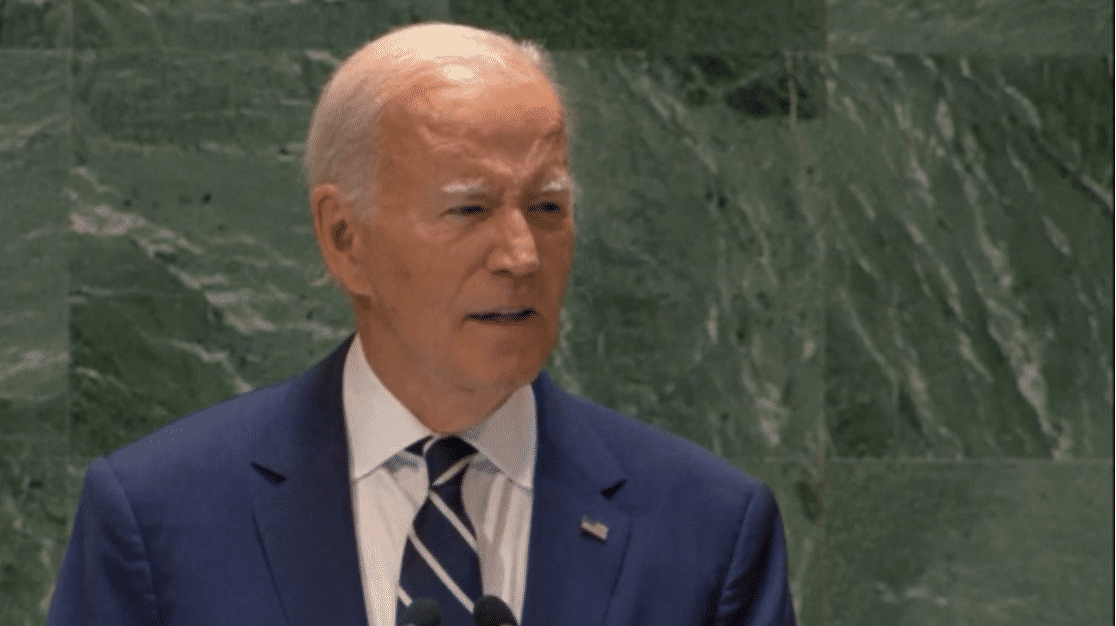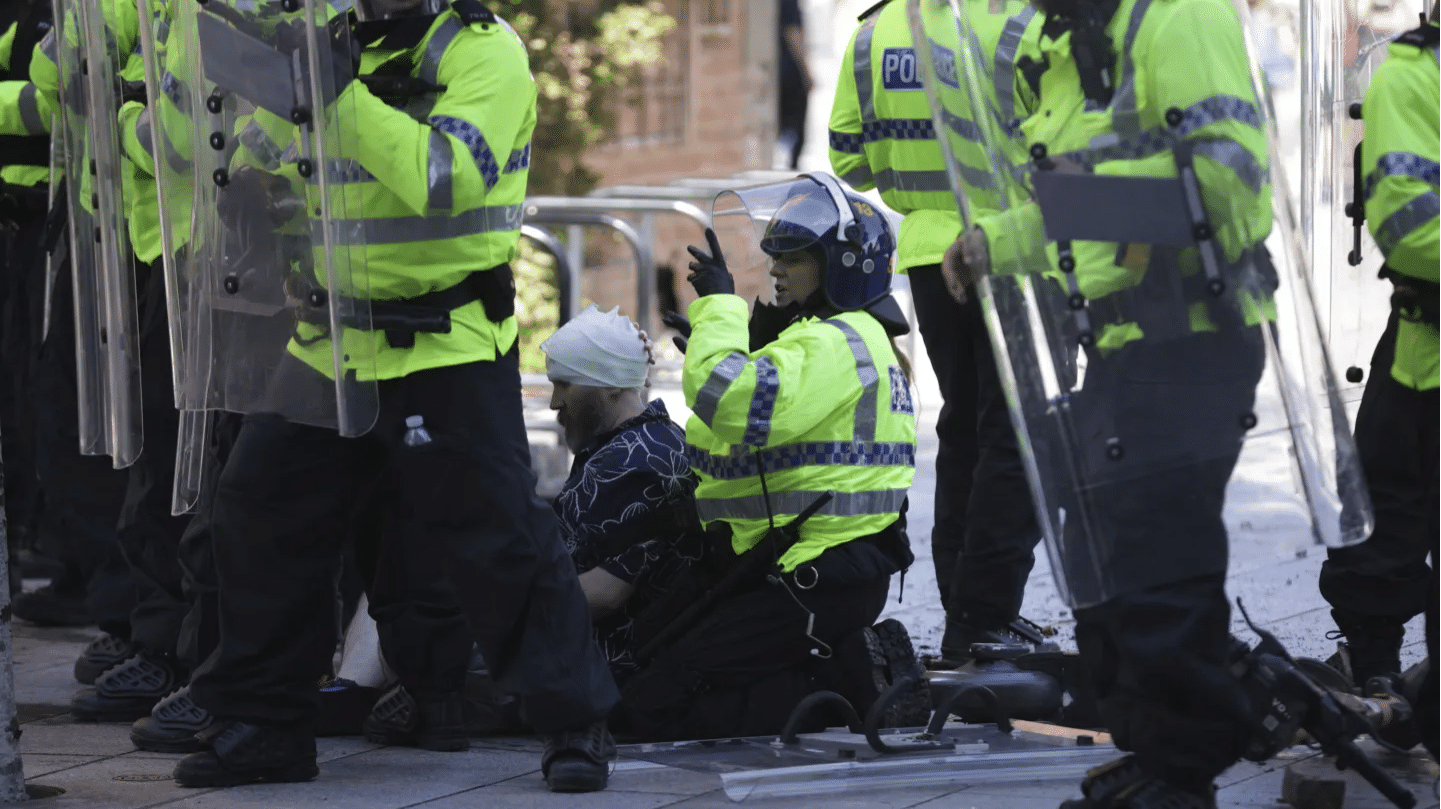New York: President Joe Biden said Wednesday that “all-out war” is still possible as fighting between Israel and Hezbollah escalates, but he’s hopeful an off-ramp can be found to prevent further bloodshed.
Biden spoke during an interview on ABC’s “The View.” His comments came after days of back and forth between Israel and Iran-backed Hezbollah militants in Lebanon that have killed hundreds and rekindled fears of a broader war in the Middle East.
The president, who addressed the yearly U.N. General Assembly on Tuesday, was asked by one of the program’s co-hosts about the possibility of an “all-out” war in the region, whether a cease-fire was still achievable and whether he would condition a cease-fire on all hostages being returned alive.
“An all-out war is possible,” Biden said, adding that he thinks the opportunity also exists “to have a settlement that can fundamentally change the whole region.” Biden suggested that getting Israel and Hezbollah to agree to a cease-fire could help achieve a cessation of hostilities between Israel and Hamas militants in Gaza. That war is approaching the one-year mark on Oct. 7 when Hamas invaded southern Israel, and has caused tens of thousands of deaths, the majority being of Palestinians in Gaza.
“It’s possible and I’m using every bit of energy I have with my team … to get this done,” he said. “There’s a desire to see change in the region.” The chief of Israel’s army said Wednesday that the military is preparing for a possible ground operation in Lebanon as Hezbollah hurled dozens of projectiles into Israel, including a missile aimed at Tel Aviv that was the militant group’s deepest strike yet.
Secretary of State Antony Blinken has been urging both Israel and Hezbollah to step back from their current intensifying conflict, saying that all-out war would be disastrous for the region.
In New York for the annual U.N. General Assembly, Blinken said Wednesday the U.S. was working on a plan to de-escalate tensions and allow tens of thousands of Israelis and Lebanese to return to homes they have had to evacuate in border areas.
“The best way to get that is not through war, not through escalation,” he said in an interview with CBS News.
“It would be through a diplomatic agreement that has forces pulled back from the border, create a secure environment, people return home,” Blinken said. “That’s what we’re driving toward because while there’s a very legitimate issue here, we don’t think that war is the solution.” U.S. officials say they are floating a number of ideas to calm the situation but they have not been specific about what the scenarios would entail.
France has called a special U.N. Security Council meeting on Lebanon for later Wednesday at which some of those ideas may be discussed.
“What we’re focused on now, including with many partners here in New York at the U.N. General Assembly, the Arab world, Europeans and others, is a plan to de-escalate,” Blinken said.
“If there were to be a full-scale war – which we don’t have and which we’re working to avoid – that’s actually not going to solve the problem,” Blinken said.
‘All-out War Still Possible’, Says Biden as Fighting Between Israel And Hezbollah Escalates world-news World News | Latest International News | Global World News | World News Today




